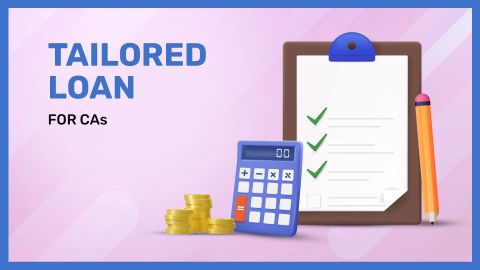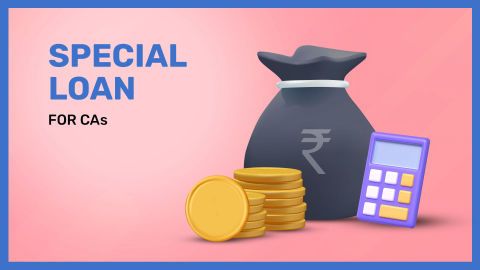How do you become a chartered certified accountant?
- Enroll in the ACCA Qualification Programme: Register for the ACCA programme, which requires passing 13 exams covering key topics in accounting and finance.
- Complete a Professional Ethics Module: As part of the ACCA requirements, candidates must undertake and complete an ethics module to ensure a strong foundation in professional integrity.
- Gain Practical Experience: Accumulate three years of relevant practical experience in the accounting field to develop hands-on skills and apply theoretical knowledge effectively.
- Achieve ACCA Certification: Successfully complete all exams, the ethics module, and practical experience to obtain the Chartered Certified Accountant qualification.
- Engage in Continuous Professional Development (CPD): Maintain the qualification by participating in CPD activities, ensuring you stay updated with evolving industry standards and practices.
Qualifications for becoming a chartered certified accountant
To become a chartered certified accountant, one typically needs to complete the below points:
- ACCA qualification: Complete exams across three levels: Applied knowledge, applied skills, and strategic professional.
- Work experience: Accumulate three years of relevant work experience in accounting or finance.
- Ethics and professional skills module: Complete this module to demonstrate ethical behaviour and professional competence.
- Educational requirements: Typically, possess A-levels or equivalent qualifications to start ACCA studies.
- Skills: Develop strong analytical abilities, attention to detail, and a solid grasp of business and financial principles.
- Continuous professional development: Engage in ongoing learning and development to maintain chartered status.
For those exploring similar professional paths, you may also read about becoming a Company secretary.
Skills required for becoming a chartered certified accountant
Becoming a chartered certified accountant requires a diverse set of skills essential for the role's demands.
- Analytical skills: Ability to interpret and analyse complex financial data accurately.
- Attention to detail: Ensuring precision in financial reporting and compliance with regulations.
- Communication skills: Effectively conveying financial information to clients, colleagues, and stakeholders.
- Technical knowledge: Comprehensive understanding of accounting principles, tax laws, and financial regulations.
- Problem-solving abilities: Capacity to resolve financial issues and optimise strategies.
- Adaptability: Readiness to adjust to changes in accounting standards and industry practices.
- Continuous learning: Commitment to ongoing professional development to stay updated with evolving practices and regulations.
- Ethical integrity: Upholding ethical standards and demonstrating professional integrity in all accounting practices.
Professionals often compare financial roles such as CA vs CMA to determine the best career path.
Career path for chartered certified accountants
Chartered certified accountants can pursue diverse and rewarding career paths in various sectors. Common career options include roles in public accounting firms, corporate finance departments, management consulting, and government agencies. CCAs often advance to senior positions such as financial controllers, Chief Financial Officers (CFOs), and partners in accounting firms. The ACCA qualification also opens opportunities for international careers, given its global recognition. Continuous professional development ensures that CCAs remain competitive and can adapt to evolving industry demands. If you’re already qualified, you may explore what to do after CA to further enhance your career growth.
What do chartered certified accountants do?
Chartered certified accountants perform a wide range of financial and accounting tasks. They prepare and audit financial statements, manage budgets, and offer strategic financial advice to organisations. CCAs also handle taxation matters, ensure regulatory compliance, and conduct risk assessments. Their expertise allows them to contribute to financial planning and decision-making processes, helping businesses optimise performance and achieve their financial goals. CCAs work in various sectors, including public practice, corporate finance, consultancy, and government, providing critical financial services. Those seeking to expand expertise can explore advanced Courses After CA to strengthen their professional profile.
Conclusion
Becoming a chartered certified accountant through ACCA offers a globally recognised qualification that opens up numerous career opportunities. Whether working in public practice, corporate finance, or consultancy, CCAs are equipped with the skills and knowledge to excel in their roles. The continuous professional development required ensures that CCAs remain current with industry changes and maintain their competitive edge. For those seeking financial support during their studies or career advancement, consider exploring a professional loan or CA loan by Bajaj Finance to manage expenses and enhance professional growth.





